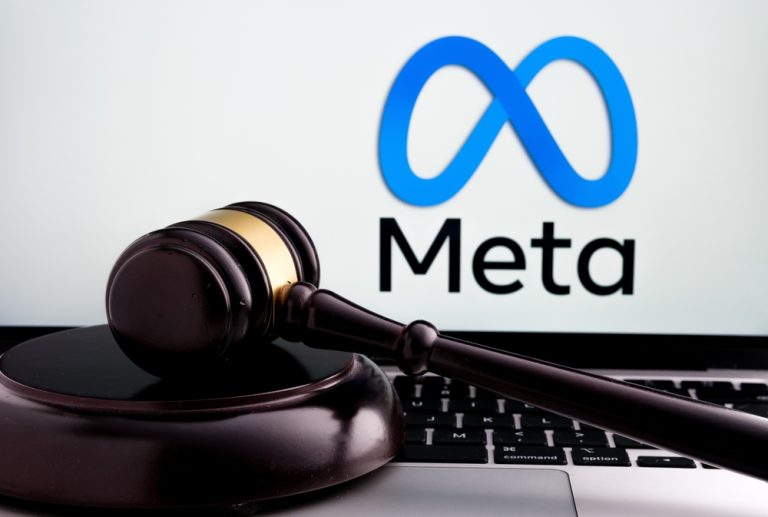The U.S. Supreme Court’s current term is notably significant, with an agenda filled with pivotal cases that could reshape aspects of American life. These cases range from former President Donald Trump’s controversial claims to critical societal issues like abortion access, gun rights, and the regulation of social media. Among the most anticipated cases are Trump’s claim of immunity from prosecution, the legal battles over the abortion pill, and the regulation of gun rights, including the legality of “bump stocks.”
The case of Trump’s Immunity Claim is particularly noteworthy, as it questions presidential power and accountability boundaries. Set for arguments on April 25, the Supreme Court will decide whether Trump can claim immunity for actions taken in his attempt to overturn the 2020 election results. Lower courts have dismissed Trump’s bid for immunity, making the Supreme Court’s decision highly anticipated.
Similarly, the Abortion Pill Access case has garnered attention, with the Court appearing skeptical during the March 26 arguments about restricting access to mifepristone, a medication used for abortions. This case is a critical test of the Court’s stance on abortion following significant legislative changes across the states.
On gun rights, the Court heard arguments on the legality of a ban on “bump stocks” and is also considering the National Rifle Association’s claim regarding free speech and gun control measures related to domestic violence. These cases could have far-reaching implications for gun legislation and individual rights in the U.S.
The Court’s docket also includes cases on the power of federal agencies, such as the challenge to the Consumer Financial Protection Bureau’s funding structure and the legality of in-house enforcement by the Securities and Exchange Commission. These cases could significantly impact the regulatory landscape and the balance of powers between the branches of government.
Additionally, social media regulation is under the microscope, with the Court examining the legality of Texas and Florida laws restricting social media platforms’ content moderation practices. This is a pivotal moment for digital speech and tech companies’ role in public discourse.
In a term that encapsulates some of the most pressing issues of our time, the Supreme Court’s decisions will undoubtedly profoundly impact American society. As we await the rulings, which are expected by the end of June, the nation watches closely, knowing that these decisions will shape the country’s legal and social fabric for years.






















